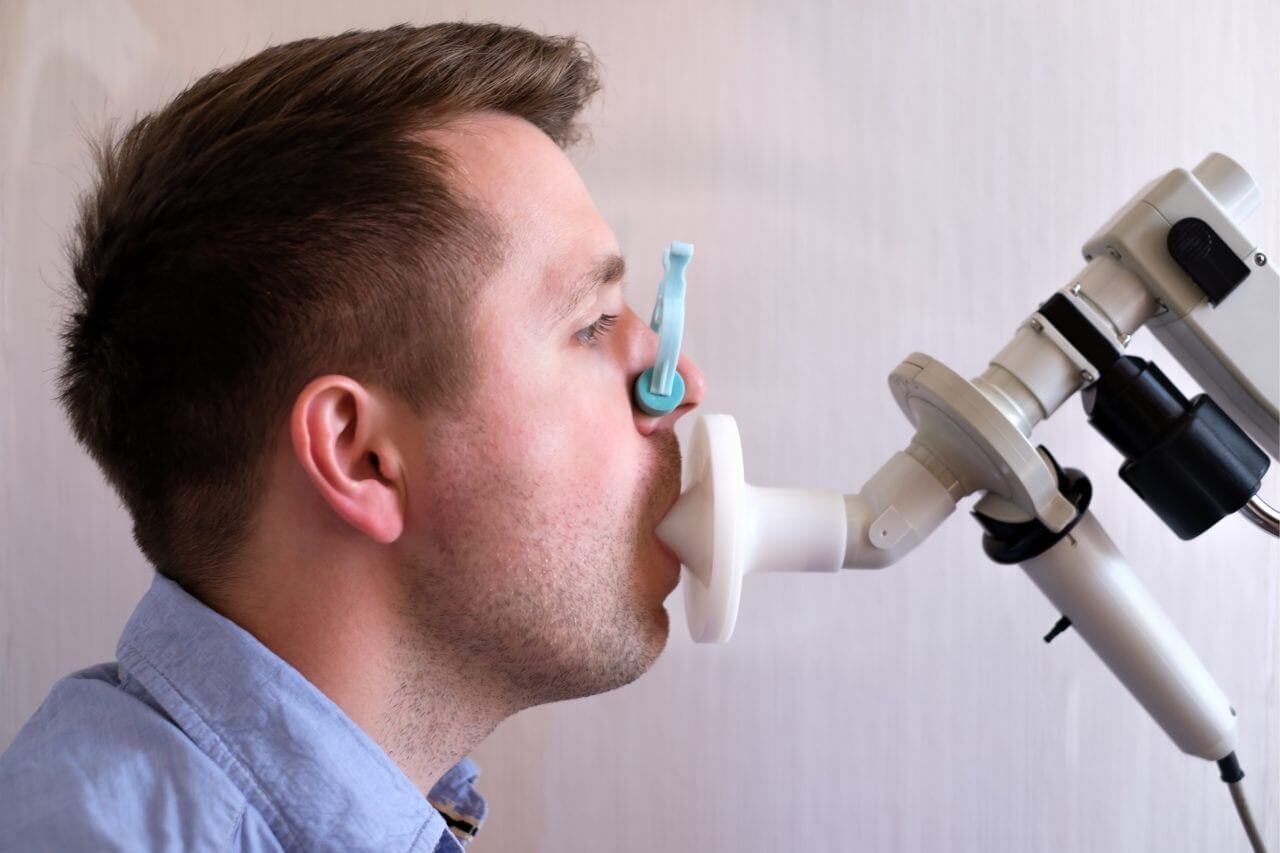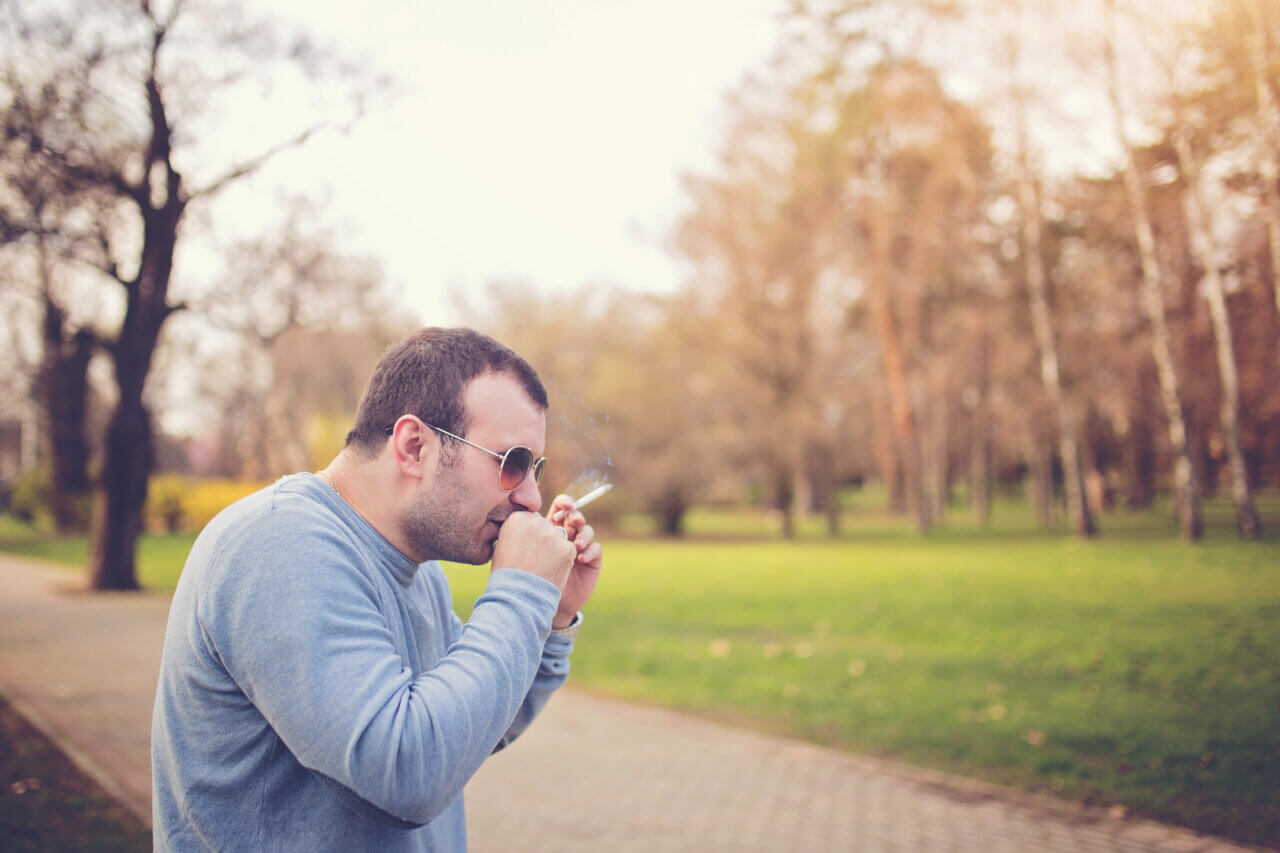Can Your Lungs Heal From Smoking?

The question of whether the lungs can recover from the effects of smoking is a common one. For years, the prevailing belief was that the damage was permanent. However, we now know that the lungs have a remarkable ability to heal themselves.
While not all damage is reversible, the benefits of quitting begin almost immediately and continue for years to come.
The Healing Timeline
The good news for those who quit smoking is that the body begins to repair itself quickly — literally within 20 minutes after your last cigarette, when you consider that your heart rate and blood pressure begin to drop at that point. Other benefits accrue in the hours, days, months and years that follow.
Here’s a look at the timeline of what happens after you quit smoking:
12 Hours
Carbon monoxide levels in the blood return to normal.
1 to 2 Days
Tiny hair-like structures called cilia start to reactivate.
1 Week
Many people notice they can breathe more easily.
2 Weeks to 3 Months
Circulation and lung function improve.
1 to 9 Months
The reactivated cilia begin working more effectively to move mucus out of the lungs.
1 Year
The risk of coronary heart disease is cut in half.
5 Years
The risk of certain cancers, such as those of the mouth, throat, esophagus and bladder, is cut in half.
10 Years
The risk of dying from lung cancer is about half that of a person who is still smoking.
15 Years
The risk of coronary heart disease is the same as that of a non-smoker.
Cilia Regeneration and Lung Healing
Cilia are mentioned multiple times above. This highlights their importance in lung health. These microscopic, hair-like structures line the airways and are responsible for sweeping out mucus, dirt and other debris. Smoking paralyzes and destroys cilia, leaving the lungs vulnerable to infection and the build-up of harmful substances.
When a person quits smoking, the cilia begin to repair and regrow. This process can start within a few days, but it may take several months for them to function normally again.
As the cilia recover, a former smoker might experience more coughing than when they were smoking. This is a positive sign that the lungs are actively cleaning themselves.
Quit Today, Feel Better Tomorrow
While the best way to protect your lungs is to never start smoking, it's never too late to quit. The body's ability to heal is truly amazing, and the benefits of quitting smoking are clear. Still, giving up cigarettes can be a difficult journey.
Fortunately, you don't have to do it alone. Your primary care provider can be a valuable resource in your smoking cessation process, including helping you manage nicotine withdrawal symptoms such as:
- Irritability
- Anxiety
- Difficulty concentrating
- Increased appetite
When you're ready to take the first step toward a healthier, smoke-free life, talk to your Baptist Health provider. If you don’t have one, you can find care near you in our provider directory.
Visit our provider directory to connect with a Baptist Health pulmonologist, or download your patient packet to prepare for your appointment.
Next Steps and Helpful Resources
Learn More About Respiratory Care at Baptist Health
What is Smoking Cessation?
Everything You Wish You Knew Sooner About Smoking
How to Improve Lung Health



